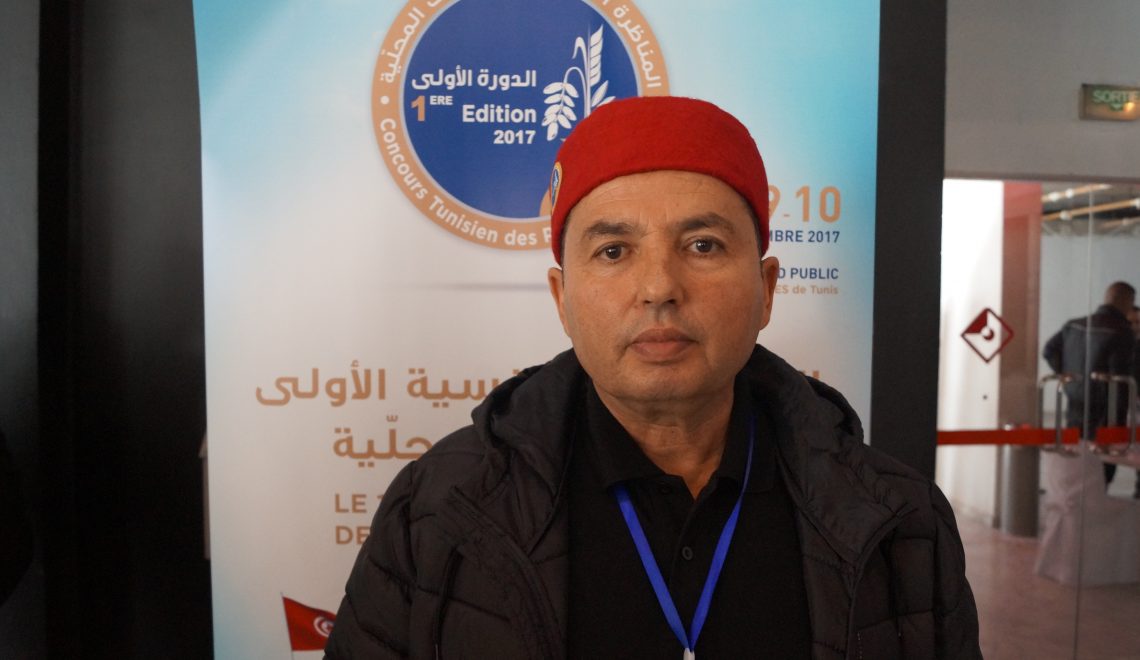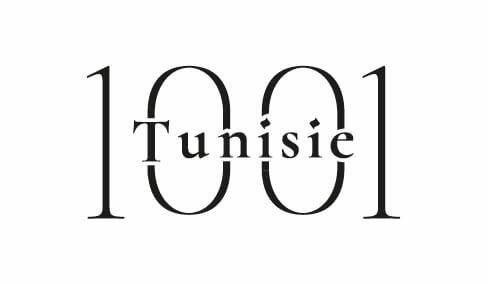
In order to take stock of the key steps by which the 1st Tunisian Contest for Terroir Products has passed, Mr. Mohamed Habib Khalfaoui, member of the steering committee of the Market Access Project for Agrifood and Terroir Products (PAMPAT) , expresses himself. Today retired, he came to put his experience in the profile of this competition as an expert and chief engineer within the Ministry of Agriculture. He is the competition certification officer. Interview led by Fedy Abid
1001Tunisie: What is the main objective of the 1st Tunisian Contest for Local Products?
Mohamed Habib Khalfaoui: This competition is aimed primarily at promoting local products and facilitating their access to both the local and international markets. The competition seeks to strengthen competitiveness between products. It can better enable products to be exported to other countries and gives real added value to producers.
How? Explain to us.
This added value is to promote these products upstream of society and the tourism sector. The objective of the competition is also to create a link between the tourism sector and that of agriculture. Tunisia is fortunate to have products that represent an inestimable wealth.

For the consumer, who is one of the usufructuaries of this competition, the most important point remains transparency. How did you accentuate this condition in the contest?
Indeed, all the numbers have been announced and all the key steps by which this contest is passed are very clear. On May 18, we conducted a blank test with the participation of 70 tasters and 100 products. The products come from all corners of Tunisia in view of the biological diversity of our country. Before organizing this competition, we have elaborated a study to define what exactly characterizes local products, to work on the definition, criteria ….
Today the official competition records the participation of 272 products from 123 producers in Tunisia’s 24 governorates. The 272 products were classified into five categories; Olive oil, fruits, juices, aromatic plants, fishing products and floral waters. Subsequently, we have subclassed to have exactly 30 subcategories.

What is the competition like?
It’s a hedonic competition and not a branch or science competition. In other words, this contest is based on the question “I like” or “I do not like” according to the sensory appreciation of the taster whether specialist, producer or consumer. Each table of the 19 tables combined these three profiles so that they can assign a score according to an evaluation grid.
Thanks to his notes, we will be able to give medals to 30% of the products participating in this contest. The results will be announced on December 8, 2017 in the presence of the Minister of Agriculture, Samir Bettayeb.
Finally, on the 9th and the 10th of December, after the presentation of the medals, there will be an exhibition of products. This market is open to the public and consumers in order to promote local products which remains the main objective of this contest

What are the difficulties that the Steering Committee met during the preparation stages of this competition?
The difficulties we had to overcome, of course, were mainly related to logistics, and it is perfectly normal for the organization of such a genuine competition. Secondly, the other difficulty is the sources of financing.
The competition was financed by the Tunisian State with the support of Switzerland since one of the organizers of this competition is the Swiss Confederation. As for the market access project for agri-food and local products (PAMPAT), it has been implemented by the State Secretariat for Economic Affairs (SECO) and the United Nations Industrial Development Organization (UNIDO). .
So, as you can see, we are talking about several parties that have supported this competition so that it is today practically feasible. But given the energy that goes on, do not talk about difficulty but rather a key step that required a lot of complementarity for this competition is born!


 َAbonnez-vous
َAbonnez-vous

